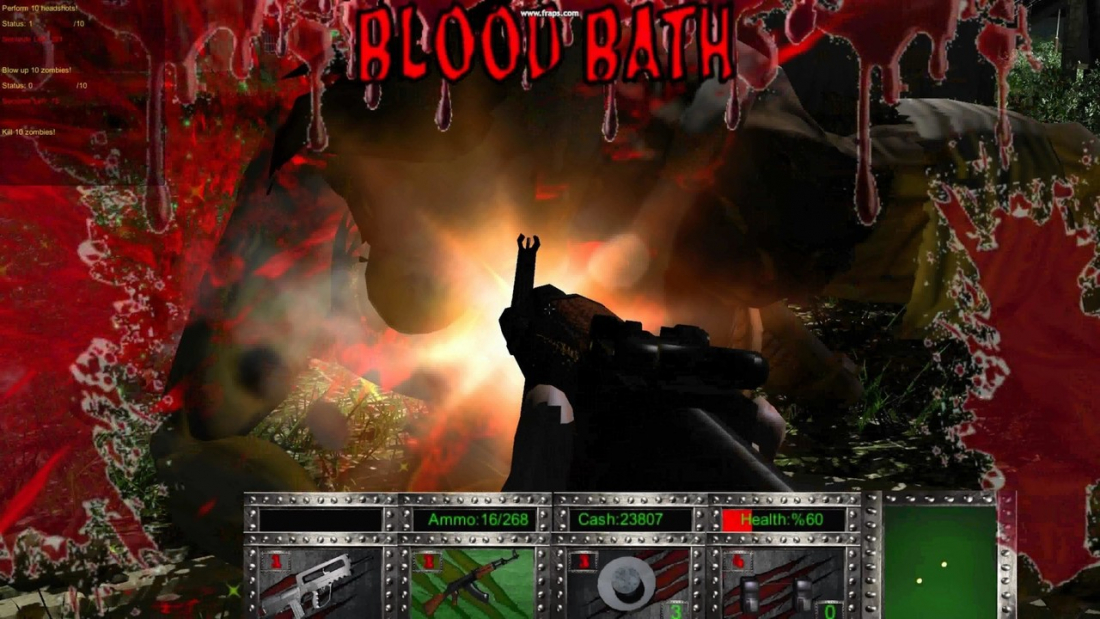An indie developer that attempted to sue 100 anonymous Steam users over negative reviews of its games has dropped the case. Digital Homicide said that its business has been "destroyed," meaning it can no longer afford to pursue the lawsuit.
Responsible for such classics as ET: The Extra-Large Testicle, Not In My Crapper, and The Slaughtering Grounds, Digital Homicide subpoenaed Valve to learn the identities of those Steam members who dared criticize its games.
The company wanted $18 million from the users, who it called a "hate and harassment group." In response to its actions, Valve removed all of Digital Homicide's games from Steam, calling the developer "hostile to Steam customers." The decision prompted company co-founder James Romine to seek "legal representation" against Valve, too.
Techraptor reports that a motion to dismiss the case without prejudice was filed last week and approved on Friday. It seeks a refund of the court filing fee, or a 90-day extension on the action if the fee is non-refundable. It also enables Digital Homicide to bring the case again in the future if it wishes.
Speaking about how the case has affected the company, Romine said: "[Digital Homicide is] destroyed. It's been stomped into the ground from a thousand directions and use is discontinued," he said. "I'm going back into the workforce and watching what's really going on. Not gaming media gossip---the real stories are in the legal documents. Not talking about mine."
Back in March, Digital Homicide launched a $10 million lawsuit against British video game critic Jim Sterling for libel, slander, and assault, after Romine claimed the reviewer had "continued coverage and harassment of every single title we have ever posted." The case waits for a dismissal decision.
Counter-notification filed. James O. Romine Jr. at Digital Homicide LLC can see me in court if he wishes to pursue this line of response.
--- Jim Sterling (@JimSterling) November 9, 2014
In an update to the original Techraptor article, Romine said: "It is important thing to note - Digital Homicide didn't file a dismissal or a case. The company had pretty much nothing to do with the case other than some evidence. Which was why we were surprised by the result. It's like a manager at a large mall shop filing suit against some harassers who've been attacking him inside and outside of his shop, and the entire shops removed. It's confusing."
"We may have been painted in a negative customer light by gaming media, truthfully we've been fighting for lower prices and a more open market - which to me is the most important thing for consumers."
The filing states that Digitial Homicide originally contacted a local sheriff who was unable to help the company with what it calls a Criminal Harassment matter under Arizona State law 13-2921. This defines harassment as "Conduct that is directed at a specific person and that would cause a reasonable person to be seriously alarmed, annoyed or harassed and the conduct in fact seriously alarms, annoys or harasses the person." The Sheriff advised the developer to sue instead.
